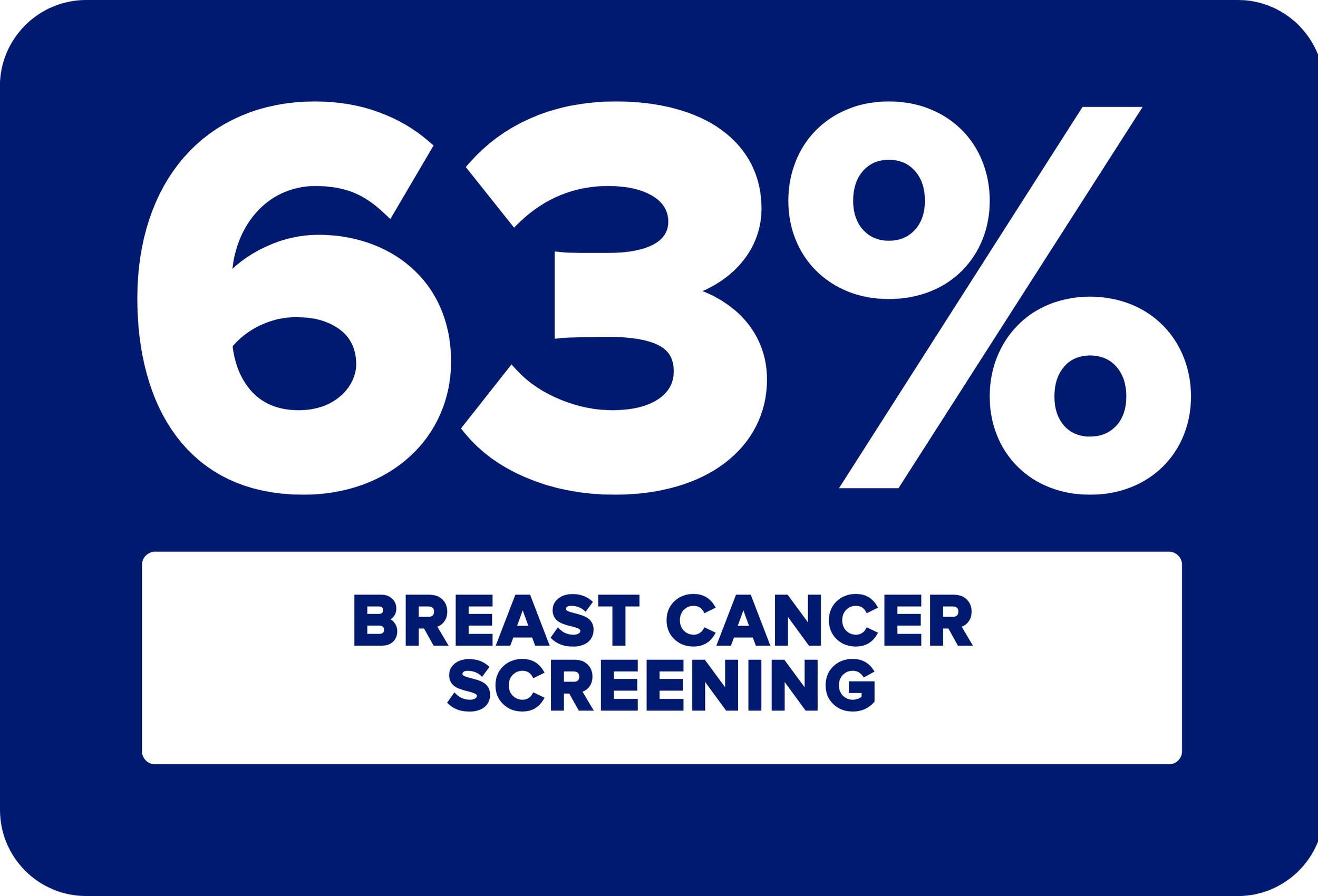The Importance of Breast Cancer Screening: What You Need to Know

Introduction
Breast cancer screening plays a critical role in the early detection and treatment of breast cancer, a disease that affects thousands of women each year. With its prevalence and impact, it is essential for women to understand the importance of regular screenings and adhere to guidelines set forth by health organisations. In the UK, breast cancer is the most common cancer among women, highlighting the need for awareness and proactive measures.
Current Guidelines and Recommendations
The UK National Health Service (NHS) recommends that women aged between 50 and 70 should undergo routine mammograms every three years. For women who are at higher risk due to family history or genetic factors, screening may begin earlier and occur more frequently. In response to the COVID-19 pandemic, some screening services were disrupted, but measures are being implemented to catch up on missed appointments and ensure that patients receive timely care.
The Benefits of Early Detection
Screening is vital because breast cancer, when detected early, is often more treatable, with higher survival rates. Recent studies indicate that women who engage in regular screening have a 20-30% lower risk of dying from breast cancer compared to those who do not. Additionally, awareness of one’s own breast health, through self-examinations and reporting changes to a healthcare provider, is favourable in spotting potential issues early.
Barriers to Screening
Despite its benefits, several barriers prevent women from participating in screening programmes. These can include lack of awareness, fear of the procedure, or concerns about the results. Certain demographic groups may also experience disparities in access to screening services. Public health initiatives are essential to overcome these barriers and to encourage all eligible women to partake in this essential health service.
Conclusion
Breast cancer screening is an essential aspect of health care that can significantly reduce the mortality rate associated with this widespread disease. By following NHS guidelines for regular mammograms and remaining proactive about breast health, women can improve their chances of early detection. As we continue to navigate challenges, including those posed by the pandemic, it is crucial that all women are informed and encouraged to participate in screening programmes. Continued awareness and education will be fundamental in the fight against breast cancer.
